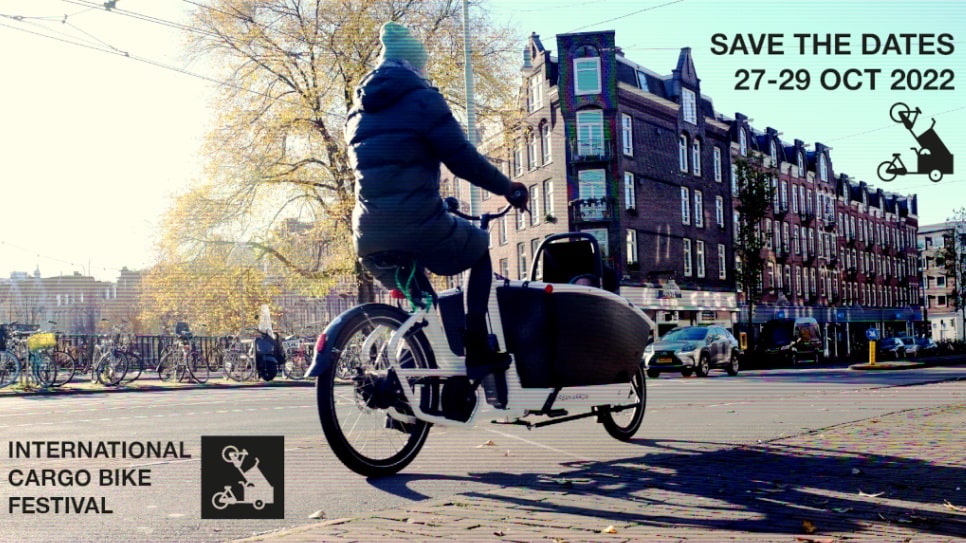First bike logistics hub in Munich equipped with Swobbee battery changing station
Comments Off on First bike logistics hub in Munich equipped with Swobbee battery changing stationSource: RadMarkt
The Berlin startup Swobbee has installed a battery changing station at the recently launched first bike logistics hub in Munich. The bike logistics hub is located on the centrally located livestock farm site and consists of several boxes serving as interim storage as well as parking and loading areas. From there, five last-mile logistics service providers are currently delivering private parcels to individuals, and goods and pallets to companies, craft businesses and construction sites using state-of-the-art e-cargo bikes.

At the Munich Viehmarkt bike logistics hub, logisticians can get freshly charged batteries for their cargo bikes from the Swobbee battery changing station.
Thanks to Swobbee’s battery changing station, logistics companies can quickly swap the empty batteries in their vehicles for fully charged ones, ensuring energy supply around the clock. With this battery-as-a-service approach, companies can concentrate fully on their core business, as they do not have to set up and operate their own expensive charging infrastructure, and don’t have to keep spare batteries, therefore saving delivery bike downtime due to charging.
The new logistics center is a project of the Bavarian capital’s mobility department and is maintained by P + R Park & Ride GmbH, a service company for the city of Munich. It is part of the “Urban Logistics” economic transport strategy, a sub-strategy of the “Mobility Strategy 2035”, the roadmap for the traffic turnaround in Munich, and is intended to relieve traffic congestion in the city center, where cargo bikes can be used instead of delivery vans on the last mile to the delivery address. It forms the basis for planning a hub network, for which EU funding will also flow.
Thomas Duscha, co-founder and CEO of Swobbee stated, “Cargo bikes are an essential part of the urban transport transition. With the bike logistics hub, Munich confirms its innovative strength and its reputation as a laboratory for the future. We are very pleased to be able to use our Swobbee stations to help make the last mile logistics processes of the participating companies even more efficient and sustainable”.






